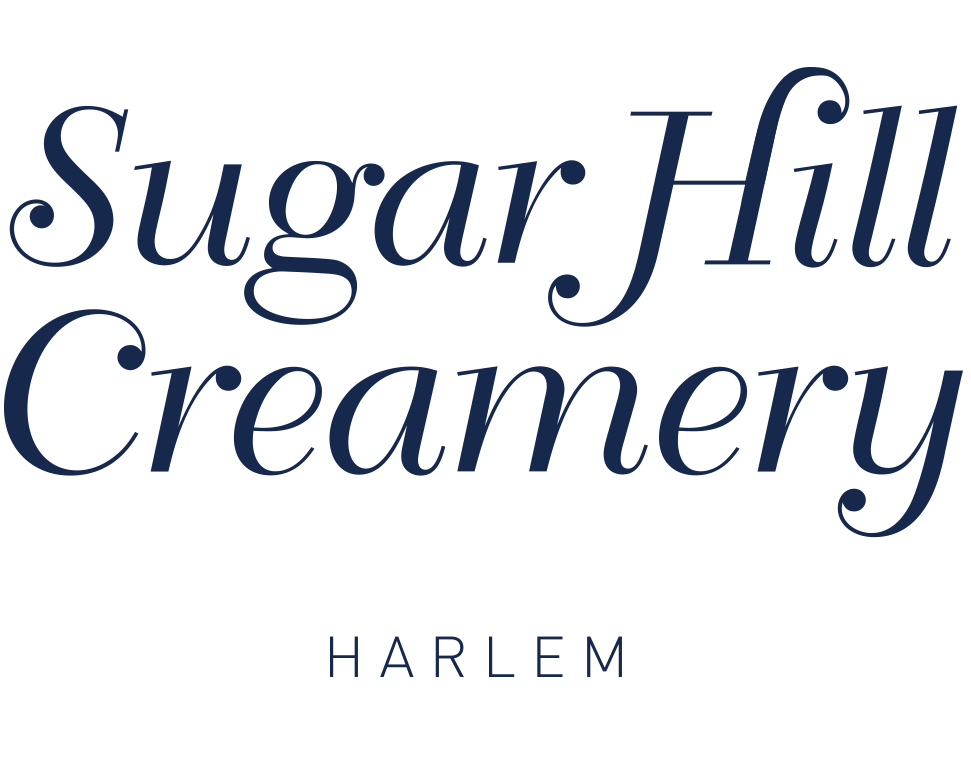Meet Geysa
Photo and edits by Oji Haynes
Meet Geysa, a vibrant soul who has called Harlem home for 5 years.
Geysa began by sharing her start here, “I mean it’s a long story, I’m Brazilian. When I first moved here… I used to take dance classes at the Dance Theater of Harlem, so I got to know the neighborhood…To make a long story short, got married, went to Brazil, came back and then when we had to choose a neighborhood I said ‘Why not Harlem?’”
Working in art she feels “[Harlem] is the place to be. There is a connection. If you want to get started in a community, know what’s going on, know the trends, the decision making people, they are all here.”
She reflects on her time dancing here, “It was great. It wasn’t as developed as it is right now. I think the community became much more aware, and… participating in all of the decisions and… projects that I believe are being put together for the community. I mean if you walk around, you can see more during the summer. You have… stages and you know, it’s not only art, it's food, it’s everything that makes this neighborhood special.” Two of her favorite places to eat include Ponty Bistro and The Edge, for something more casual.
Photo and edits by Oji Haynes
“[Harlem] is the place to be. There is a connection. If you want to get started in a community, know what’s going on, know the trends, the decision making people, they are all here.”
A true lover of Harlem, Geysa remarks “if you want to see a sense of community, you just walk outside your apartment.” The cultural significance of Harlem is not lost on her, so she realizes gentrification is a pressing matter. Explaining “I see a lot of artists moving uptown because of rent… they can’t afford living downtown anymore… And I feel like the families that were born and raised here…are being pushed out. So this to me is like a bitter taste… What is happening now is a constant struggle for the locals to maintain what is from here… everything that was born here not to be taken away or modified… I’m from Brazil, you can find people from Jamaica, from all over… and I think that the African heritage, the African culture is pretty strong… Again one of the reasons why I wanted to be here… [is] I am very connected to my roots and I identify myself with that… I feel there is a sense of like ‘okay, this is our place and we need to keep fighting for [it]’. Not that we don’t want to welcome, but we don’t want that to change.”
Photo and edits by Oji Haynes



